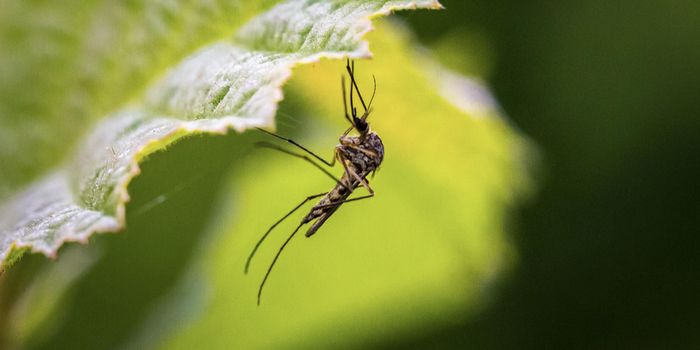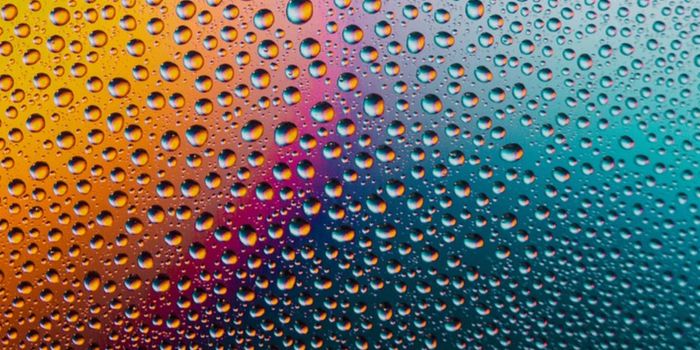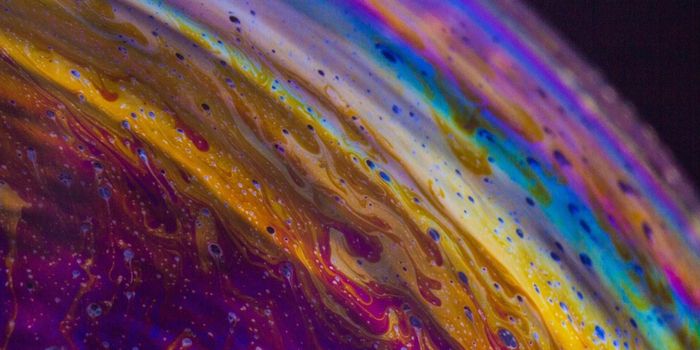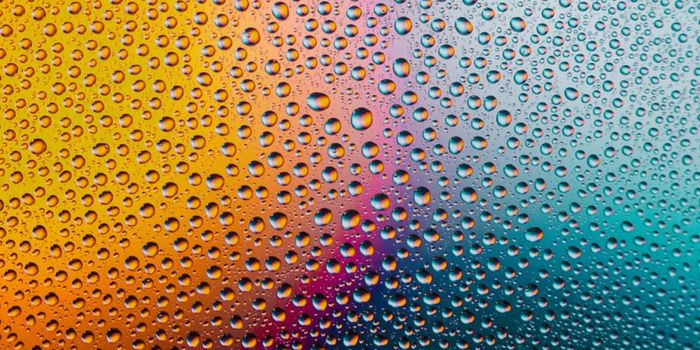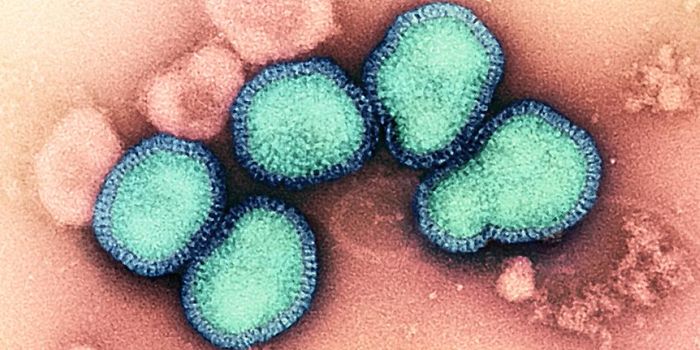Dysbiosis in the Skin Microbiome can Promote Inflammation
We play host to an incredible array of microorganisms that play important roles in our own biology and can exert a powerful influence on our health. The gastrointestinal tract is one such place, and the skin is another where myriad microbes live in a community - the microbiome. It is known that the skin microbiome affects allergies, healing, and the response to infection and inflammation. New work has shown how conditions in the skin microbiome of an individual can be contagious to others.
Reporting in Cell Host & Microbe, scientists at the University of Pennsylvania have discovered that in mice with disrupted skin microbiomes, when they are infected with a parasite that causes a disorder called leishmaniasiss they become dysbiotic. It was found that the dybiosis can then get spread to uninfected mice housed in the same cage as the infected animals. In the dysbiotic mice that were subsequently exposed to Leishmania, the researchers observed a more severe case of disease and an increase in the inflammatory response.
"To my knowledge, this is the first case where anyone has shown that a pre-existing skin microbiome can influence the outcome of an infection or a disease," said co-senior author Elizabeth Grice, an Assistant Professor in the Departments of Dermatology and Microbiology in Penn's Perelman School of Medicine. "This opens the door to many other avenues of research."
Leishmaniasis is a tropical disease that is transmitted by the bite of a sand fly. It causes skin sores that can get so bad they can be disfiguring. No vaccine exists, and treatment is not always able to eradicate the disease. Researchers were interested in learning what influence the skin microbiome might have on the disease, and examined human patients. After examining 44 people, there were some findings but hard conclusions could not yet be drawn.
After assaying the skin microbiome near Leishmania lesions and from other sites on the skin, the scientists found less diversity near the lesions. They also identified three different microbial community types: in one Staphylococcus was the majority strain, in another it was Streptococcus and another was mixed. The researchers turned to the mouse model to learn more.
"The transmission of dysbiosis in the skin from one animal to another is a key finding," noted co-senior author Phillip Scott, Professor of Immunology in the Department of Pathobiology in Penn's School of Veterinary Medicine. "And the fact that we saw similar patterns of dysbiosis in humans suggests there could be some very practical implications of our work when it comes to treating people with leishmaniasis."
In the end, the mouse model confirmed that Leishmania parasite infection caused disruption in the mouse skin microbiome. Additionally, an association between the type of microbial community and the severity of disease. When the mice were able to get relief from their infections, Staphylococcus was found to dominate the lesions; in mice that carried sever lesions and persistent disease, Streptococcus was the dominant species.
It was a major breakthrough to discover that these microbiome shifts are transmissible to cage mates. The investigators want to follow up on their findings in human households.
"I think an important next step will be to see if this sharing of microbiota occurs in people, and whether that could be a factor in affecting the severity of infections in humans," Grice said.
Finally, the scientists were also able to determine that of mice infected with Leishmania, mice with dybiosis also had more severe inflammation and skin ulcers than mice with normal skin microbiota. Dysbiotic mice were also found to have a heightened inflammatory response when challenged.
They are continuing to follow up on this work, and plan to monitor how the skin microbiota may affect functions like wound healing. There will be additional studies including human patients in Brazil as well; they ant to uncover any potential connection between the skin microbiome present in Leishmania lesions and disease severity and treatment responsiveness.
“This may make us rethink the role of antibiotics in treating leishmaniasis," Scott explained.
You can see a talk with Professor Grice in the following video. Above, learn more about leishmaniasis.
Sources: AAAS/Eurekalert! via UPenn News, Cell Host & Microbe



